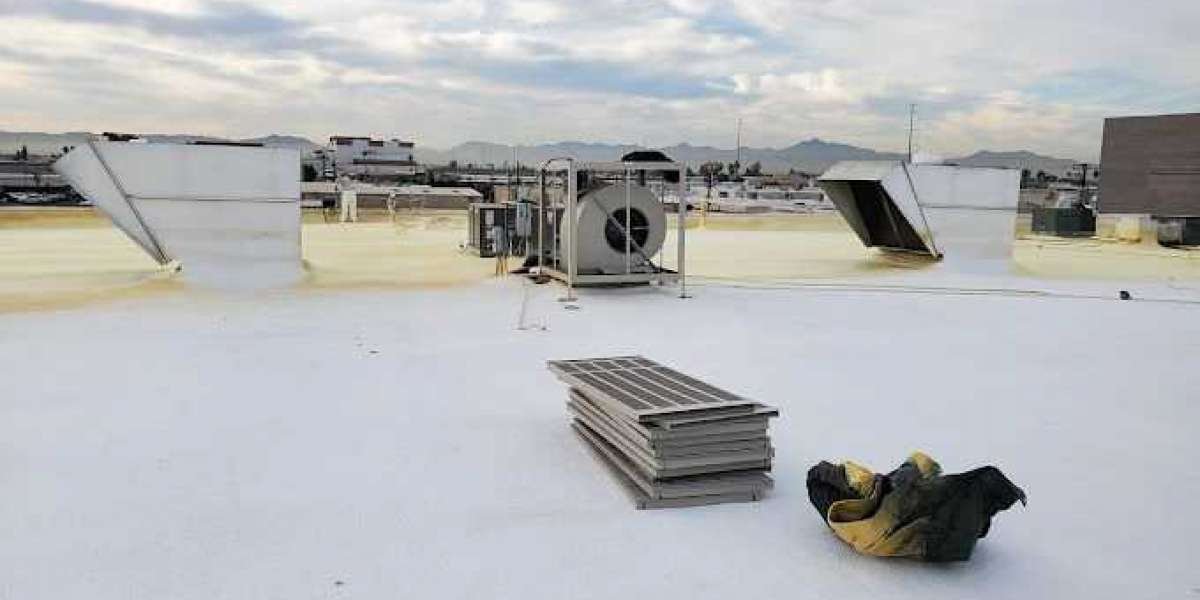1-Decene, a linear alpha olefin with the chemical formula C10H20, holds a significant place in the petrochemical industry due to its versatile applications and contributions to various sectors. As a crucial intermediate in the production of polymers, detergents, and other chemicals, the 1-decene market has experienced steady growth and is poised to continue evolving in response to changing industrial demands.
Production and Industrial Significance
1-Decene is primarily produced through the oligomerization of ethylene, a process that involves combining multiple ethylene molecules to form longer carbon chains. The resulting 1-decene can then be further purified and refined for various applications. The production process often involves the use of specialized catalysts and careful control of reaction conditions.
Its primary industrial significance lies in its role as a building block for the synthesis of various chemicals. Its linear structure and unique reactivity make it an ideal precursor in the production of polymers, lubricants, detergents, and other specialty chemicals.
Applications Across Industries
The 1-decene market is characterized by its diverse range of applications across different industries. In the polymer industry, 1-decene serves as a key monomer in the production of linear low-density polyethylene (LLDPE). LLDPE, known for its toughness and flexibility, finds use in packaging films, pipes, and other applications.
Additionally, 1-decene is used in the production of synthetic lubricants due to its exceptional thermal stability and lubricity. These lubricants are employed in a variety of machinery and equipment, ensuring efficient operation and reduced wear and tear.
The detergent industry also benefits from 1-decene, as it's used in the manufacturing of alkylbenzenesulfonates, a class of anionic surfactants widely used in laundry detergents and cleaning products.
Market Trends and Growth Drivers
Several factors contribute to the growth of the 1-decene market. The increasing demand for polymers, driven by industries such as packaging, automotive, and construction, directly influences the need for 1-decene as a monomer for polymer production. As these industries continue to expand, the demand for 1-decene is expected to remain robust.
Additionally, advancements in catalytic processes and technology have led to improved production efficiency and yield. This has made 1-decene production more economical and sustainable, further supporting the market's growth.
Challenges and Future Prospects
While the 1-decene market shows promising growth, it also faces challenges. The petrochemical industry is increasingly under scrutiny for its environmental impact. As a result, there's growing interest in exploring more sustainable production methods, such as utilizing renewable feedstocks or developing greener catalysts.
Regulatory compliance and safety are also important considerations in the 1-decene market, particularly due to the potentially hazardous nature of the chemical processes involved. Proper handling, storage, and transportation are critical to ensure the safety of workers and the environment.














